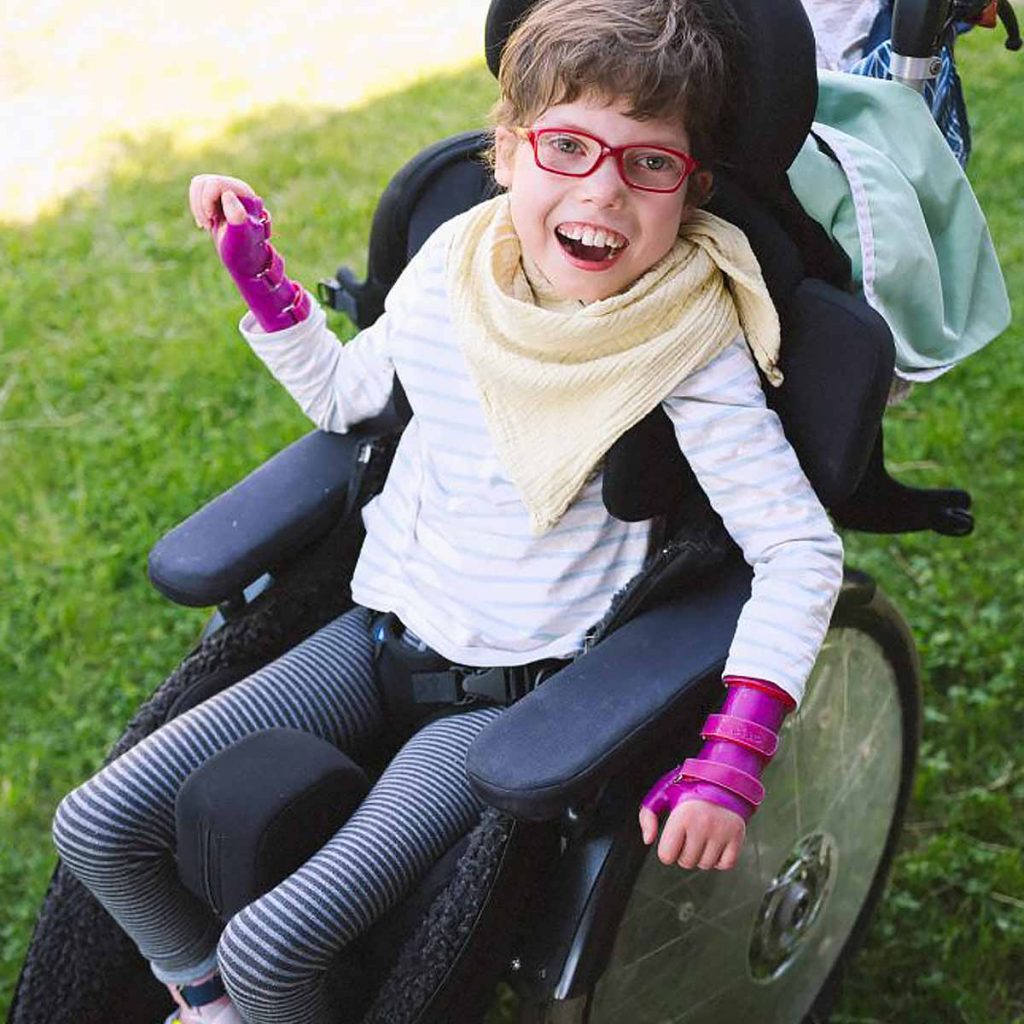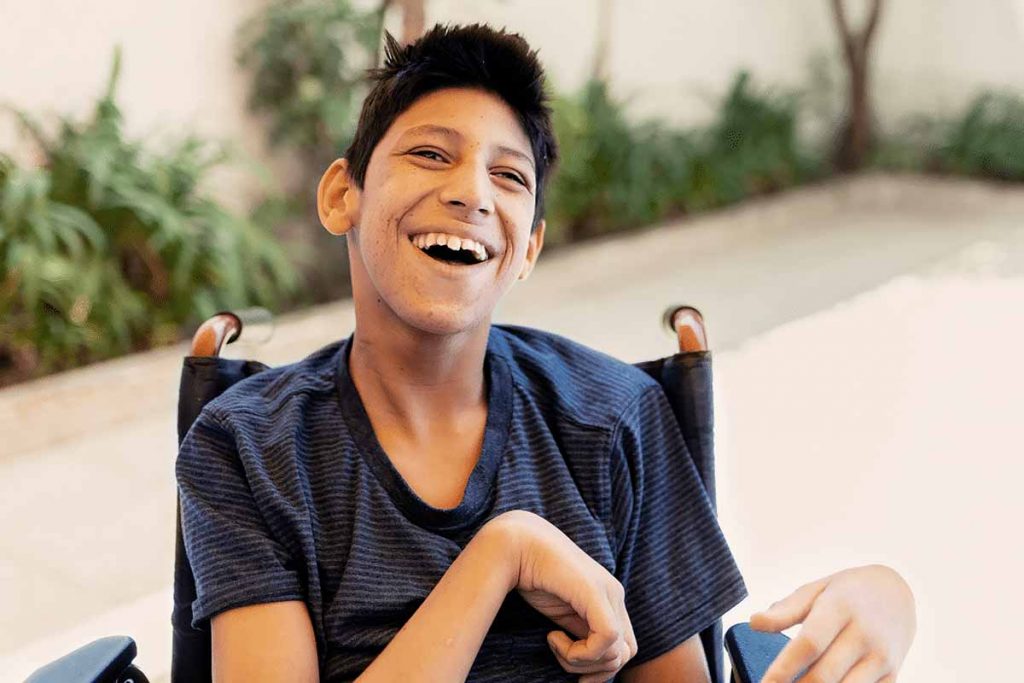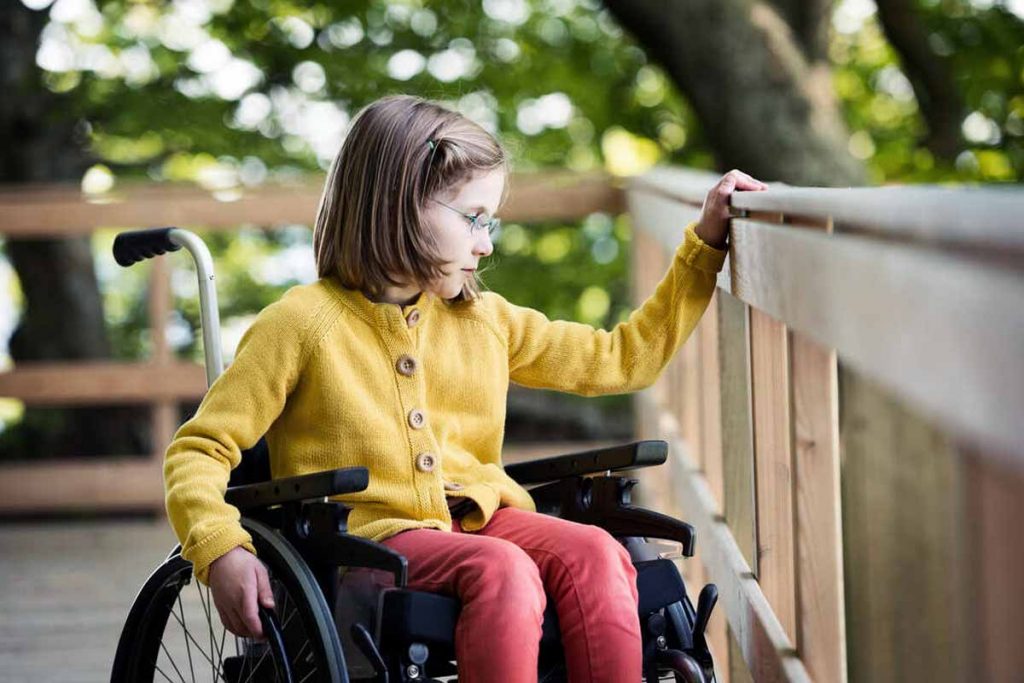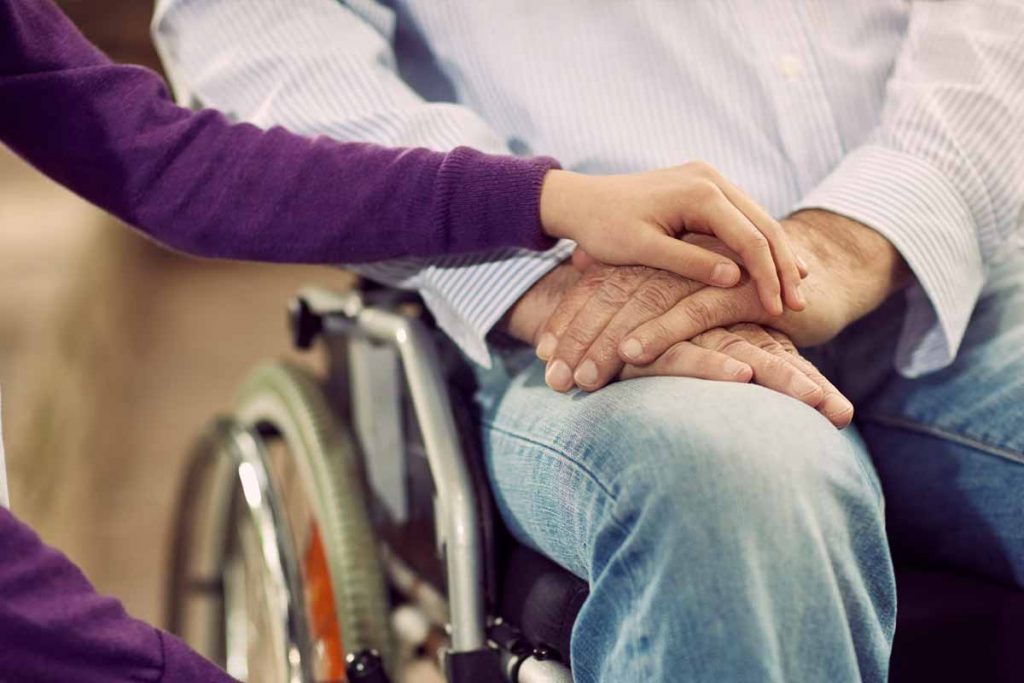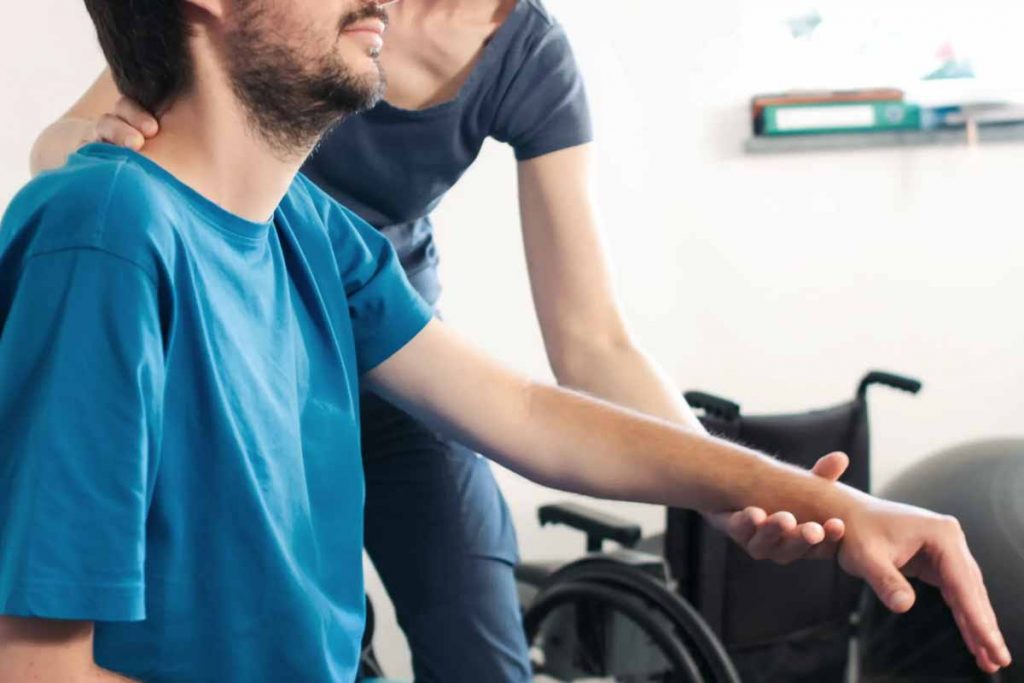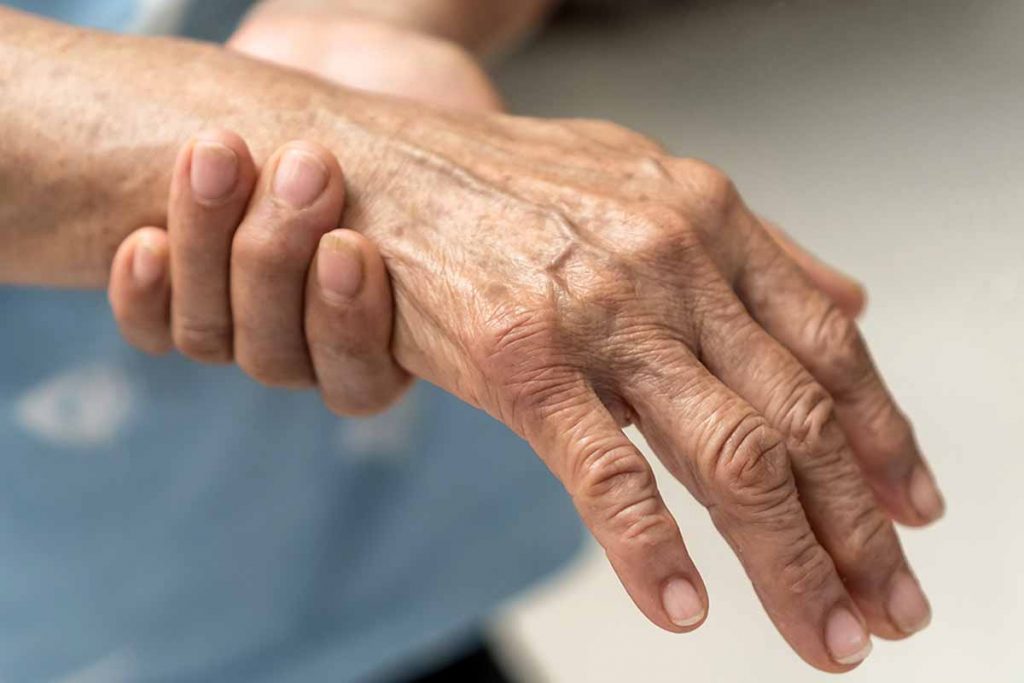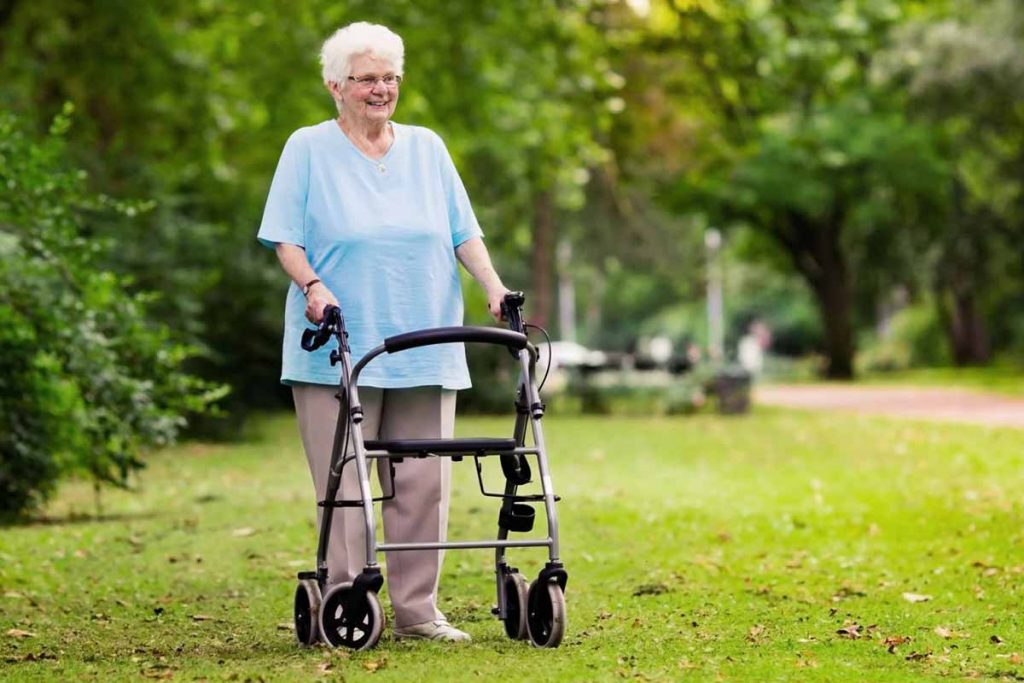CONDITIONS TREATED
Multiple Sclerosis
Multiple Sclerosis (MS) is an autoimmune disease which interferes with the nerve impulses within the brain, spinal cord and optic nerves which affects the central nervous system. The exact cause is unknown, but it results in the body’s immune system attacking its own myelin – the protective sheath surrounding the nerves. This protective sheath is important for conducting the signals along the nerves.
Depending on the severity of the injury and the areas of the brain most affected, symptoms related to an ABI may vary. Some common symptoms include:
MS has a wide variety of symptoms which vary between individuals. The most common symptoms are:
- Fatigue
- Pain
- Bladder and bowel issues
- Spasticity
- Problems with vision
- Cognitive fog
- Changes in emotion
There are several types of MS:
- Relapsing-Remitting MS (RRMS)
This is the most common type. It is characterised by “MS attacks” followed by periods of complete or partial recovery. - Secondary Progressive MS (SPMS)
Diagnosed once the disease progression follows a history of worsening symptoms after being diagnosed with RRMS. This is when you have “MS attacks” but the overall condition becomes progressively worse. - Primary Progressive MS (PPMS)
MS will be diagnosed as this once the condition follows a progressive course from onset. It is characterised by worsening of neurological function without exacerbations evident. It involves less inflammation than relapsing types.
How can we help?
Physiotherapy and Exercise Physiology can assist you to develop good routines for stretching and strengthening exercises, whilst ensure that you are managing your fatigue appropriately. We can help you to maintain your health and mobility around your home and the community and prescribe assistive devices when needed.
Resources
